When Data Becomes Tangible, the Future Transforms
The spirit of the EU Open Data Days: open, connect, transform
From a distant perspective—whether from space or a future where humanity reflects on its past decisions—one thing became clear during the EU Open Data Days 2025: the way we use and feel data can change the course of our collective actions.
Over the course of two days, experts from European institutions, universities, NGOs, companies, and innovation labs gathered in Luxembourg (in-person and online) to share visions of how open data, artificial intelligence, and sustainability can coexist and help build a more transparent, human-centered, and ethical future.
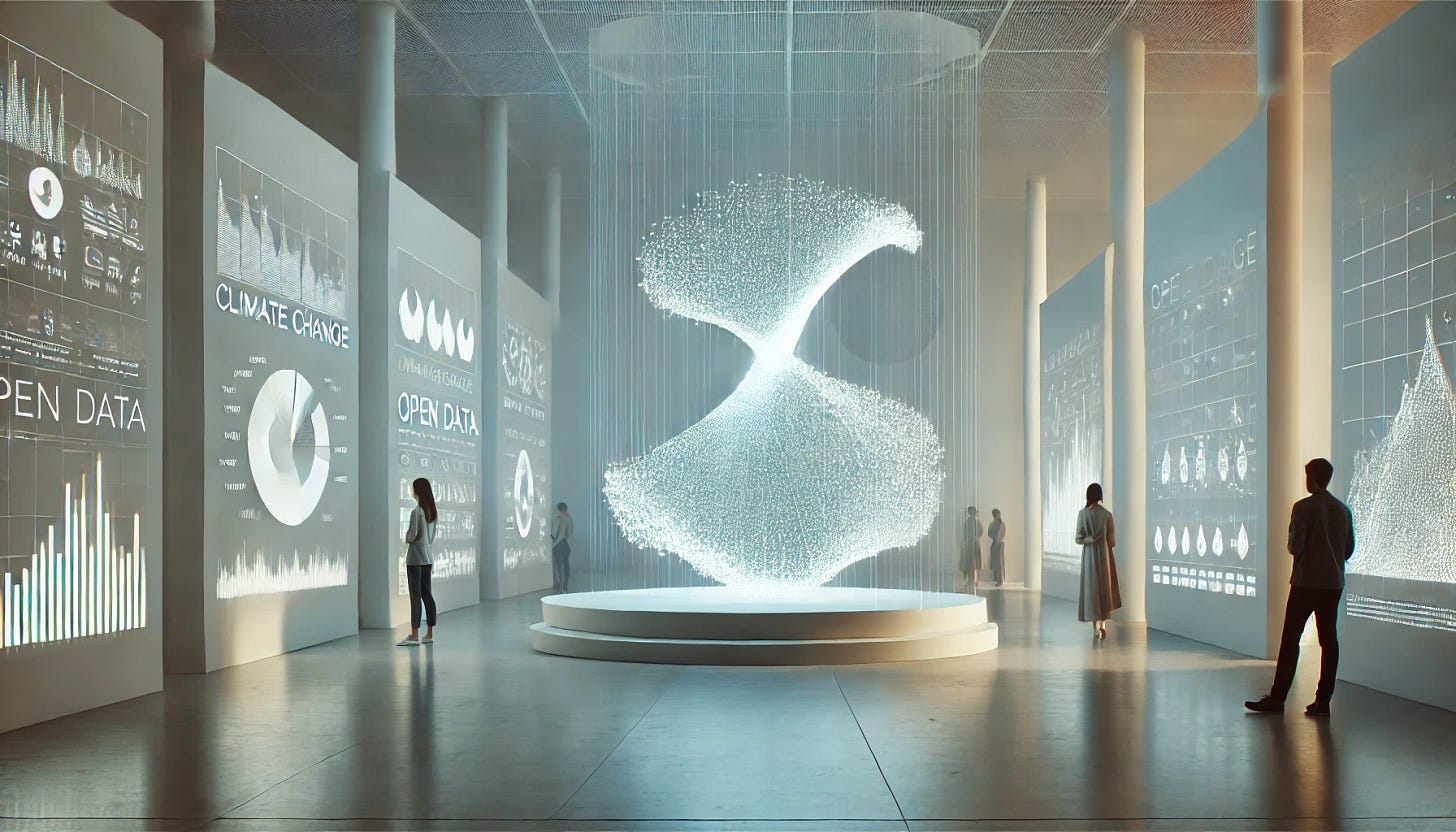
EU Open Data Days 2025: Speakers Who Inspire
This year's edition featured more than 20 speakers from across Europe and the Americas, showcasing profiles of high technical, political, scientific, and creative standing. Here are some of the most relevant:
European Institutions and Governments
Hilde Hardeman – Director General, Publications Office of the EU
Roberto Viola – Director General, DG CONNECT, European Commission
Luc Frieden – Prime Minister of Luxembourg
Rafał Rosiński – Undersecretary of State, Polish Ministry of Digital Affairs
Christos Ellinides – Director General of Translation, European Commission
Universities and Research Centers
Slava Jankin – University of Birmingham, expert in AI and digital governance
Emma Schymanski – University of Luxembourg, researcher in biochemistry and scientific data
Bastiaan van Loenen – Delft University of Technology, expert in open data ecosystems
Anastasija Nikiforova – University of Tartu, AI in public administrations
Milda Aksamitauskas – University of Wisconsin-Madison, open data strategy
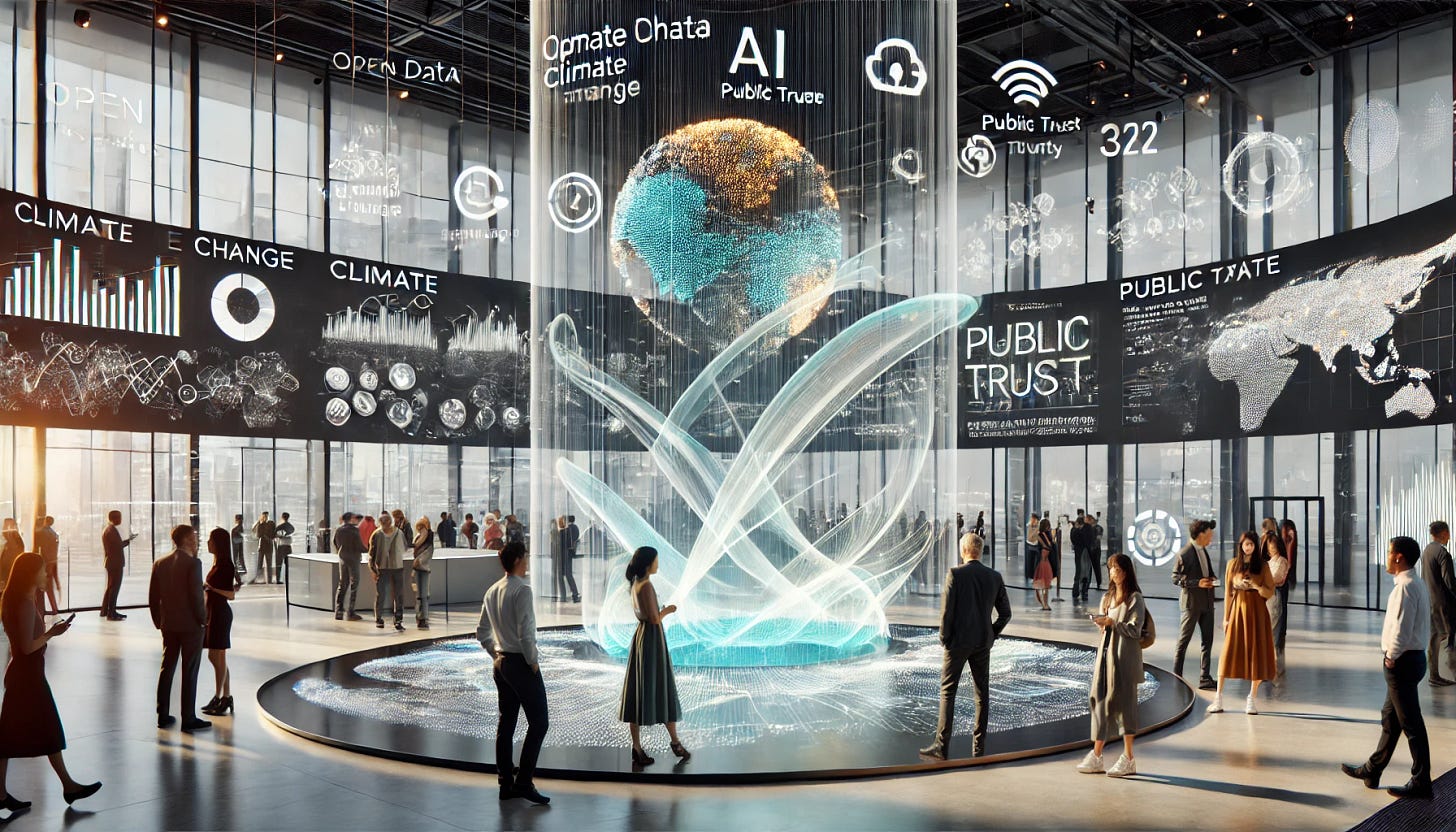
Organizations and NGOs
Stefaan Verhulst – Co-founder of The GovLab, NYU
Raphaël Kergueno – Transparency International, civic oversight ecosystems
Kate Larkin – EMODnet, open marine data and environmental policy
Open Science and Data Visualization
Lars Holm Nielsen – CERN, open research repositories (Zenodo)
Jan Willem Tulp – TULP Interactive, data visualization design
Creative Innovation
Antonio Moneo – Founder of Tangible Data, presented physical data sculptures that transform statistics into sensory experiences.
Tangible Data: When Art Meets Science
Tangible Data is a creative studio that fuses open data, sustainability, communication, and digital art. Its mission is to turn abstract datasets into physical sculptures that people can touch, observe, remember, and engage with.
During the event, Antonio presented sculptures based on:
NASA climate change data (1880–2023)
Public trust in institutions (OECD)
Poverty reduction (World Bank)
One of these sculptures was created specifically for this event:
the Power of Open Data — representing the growth of open data in Europe from 2019 to 2025.
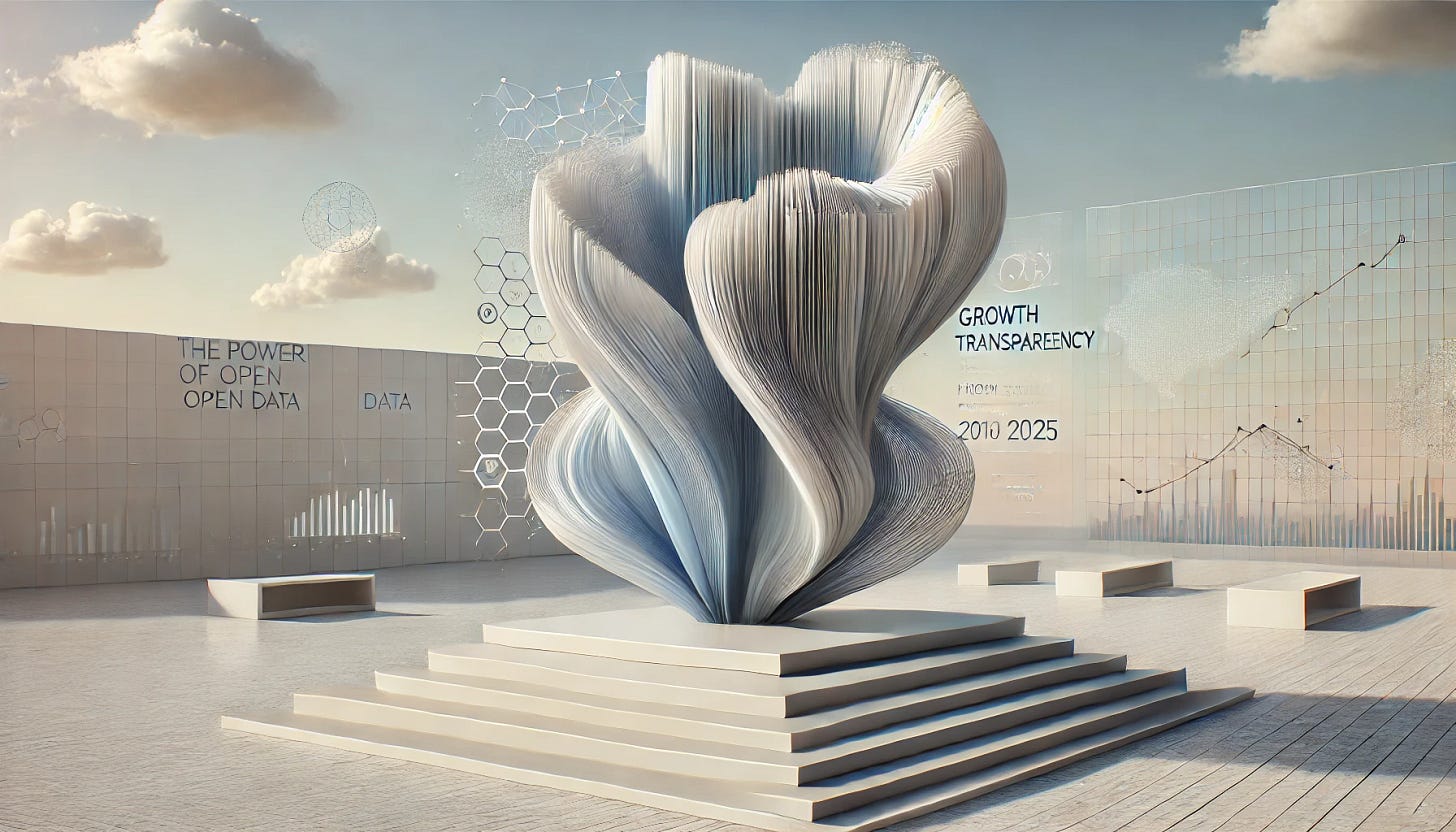
What Are These Data Sculptures Made Of?
I asked Antonio Moneo directly through a LinkedIn message:
“The artworks you create to represent data—what materials are they made from?”
His response reflects the project’s experimental and sustainability-driven spirit:
“We use PLA or resin for prototypes. Then we replicate them in other materials like acrylic resin, and we’re experimenting with mycelium to look for fully sustainable options. We laser-cut the wood.”
“My goal is to reach 100% sustainability. But it’s not easy yet to integrate biomaterials into the process. We’ll get there soon!”
This choice is no accident: each material also represents an ethical decision, an effort to make the physical representation of data consistent with its environmental and social message.
AI, Trust, and Shared Purpose
During the EU Open Data Days 2025, artificial intelligence was a central topic. But it wasn’t framed as a distant technology—it was presented as a tool to reinforce European values and move toward a more sustainable future.
Trustworthy European AI Models
Europe is building AI models based on:
Ethics: respecting human rights
Privacy: protecting personal data
Transparency: ensuring that automated decisions can be audited
An AI that can be understood, audited, and collectively improved.
FAIR Data: The Foundation of Responsible AI
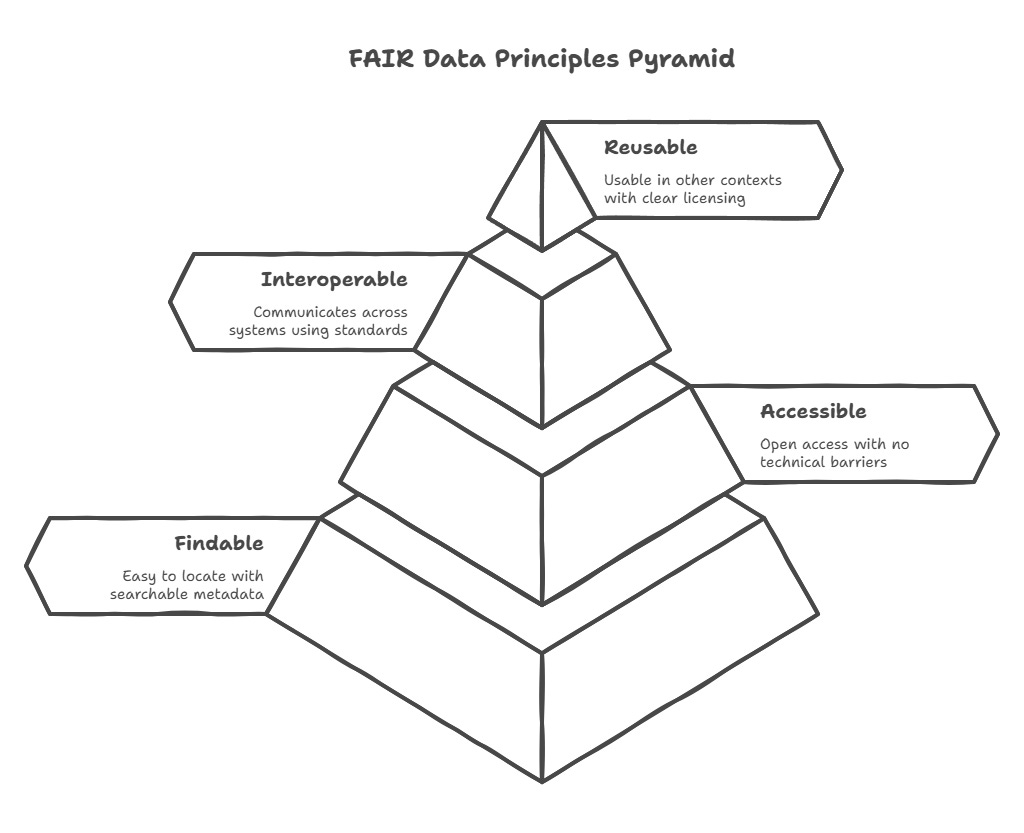
Europe is building common data spaces founded on these principles.
Digital Sovereignty and Citizen Participation
Ensuring we can understand how algorithmic decisions are made
Giving us a say in how they are designed and applied
Because ethical AI is also democratic AI.
Purpose-Driven AI for Sustainability
How can AI help more people understand the urgency of the climate crisis and take action?
With emotionally engaging, understandable visualizations
With concrete recommendations that help us act
With accessible tools for governments, NGOs, and citizens
Epilogue: Quantum Signals on the Horizon
Although the EU Open Data Days 2025 focused mainly on open data, artificial intelligence, and sustainability, there was a subtle yet powerful mention:
Luc Frieden, Prime Minister of Luxembourg, announced that the country will host an AI Factory and a new European quantum supercomputer.
A phrase that, between the lines, marks a turning point.
Quantum computing is beginning to appear on Europe’s digital map, and although it wasn’t a central topic this time, the door is already ajar.
Just this week, I shared a personal reflection on the post by Olivia Lanes (Global Lead for IBM Quantum Learning and Education) on LinkedIn:
“A few weeks ago I created an account on IBM Quantum and I’m still learning about this technology, but it’s amazing to have open access to it.
Without a doubt, the openness of AI has been a turning point in many industries, and I’m convinced that quantum computing will follow the same path.
I found the video fascinating, especially the part where they explain why these computers need such low temperatures to function.
It’s impressive to see all the work behind it and how this technology can shape the future. Congrats to the whole team for making it accessible and for continuing to drive this revolution!”
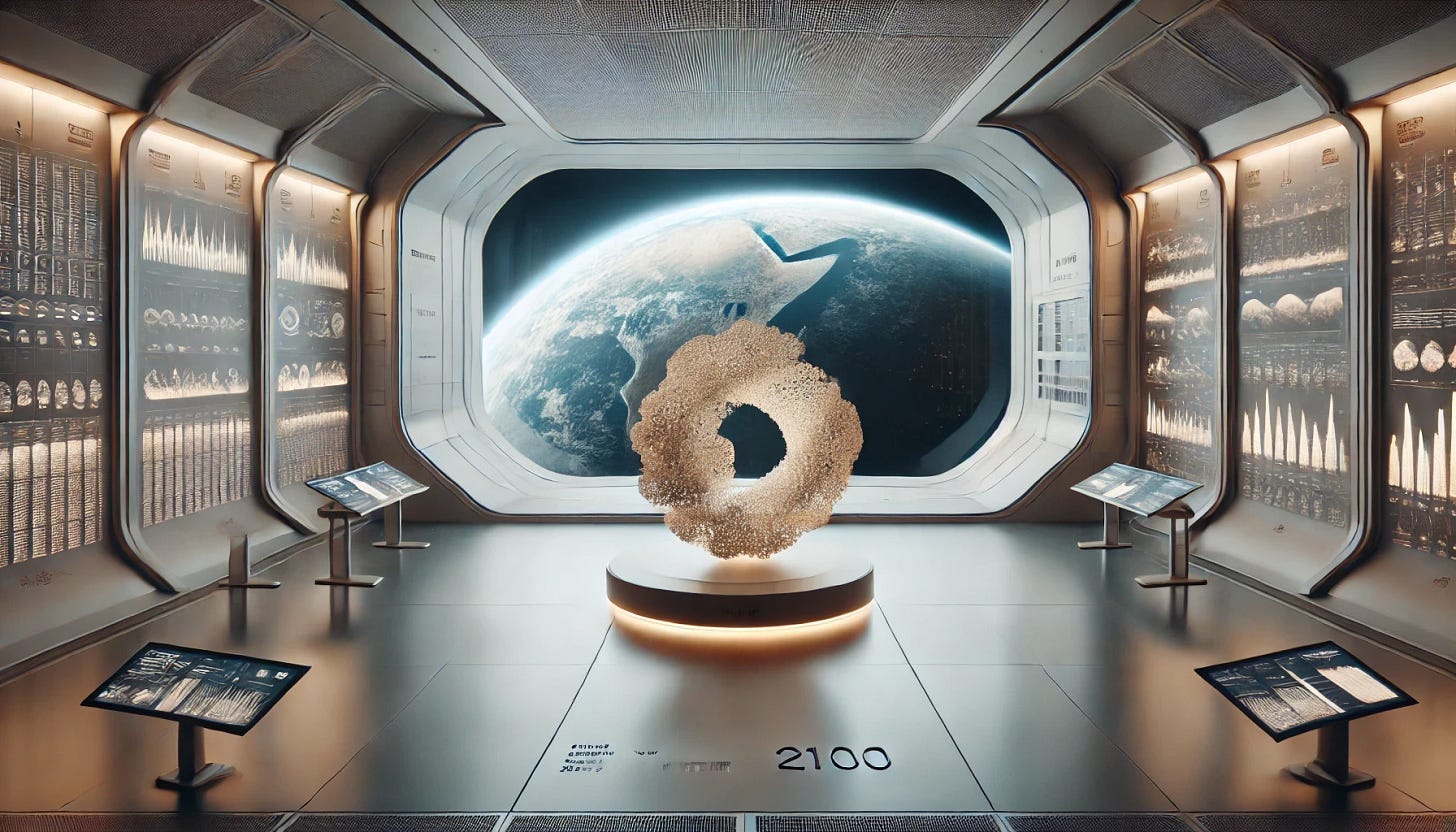
This connection between data, AI, and quantum computing is no longer a theory—it’s a real crossroads.
And as we saw this week, Europe is already taking concrete steps toward walking that path.
See you in the next edition of FUTURE IN US.


